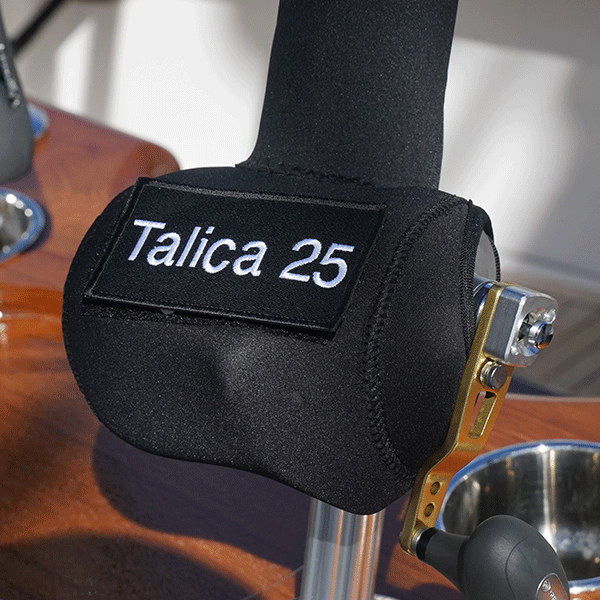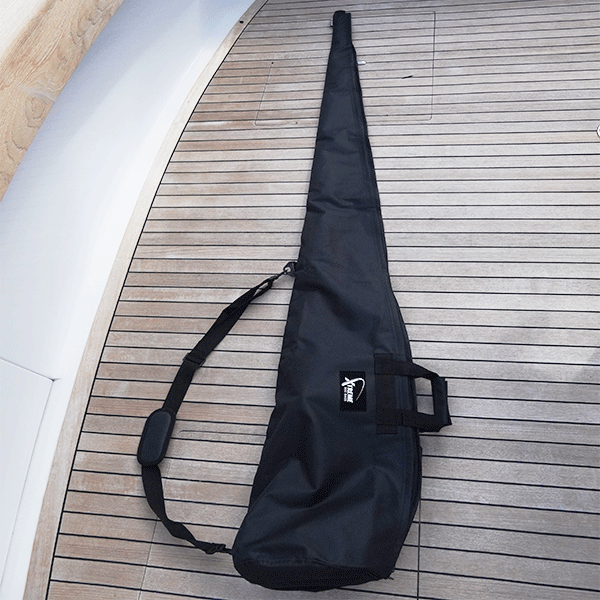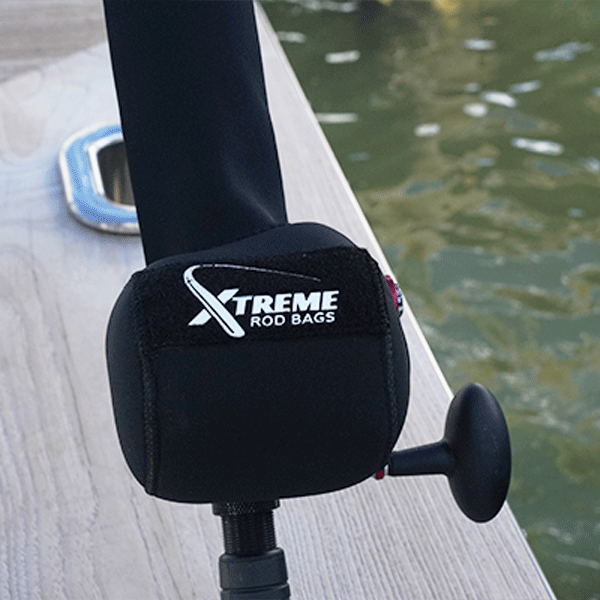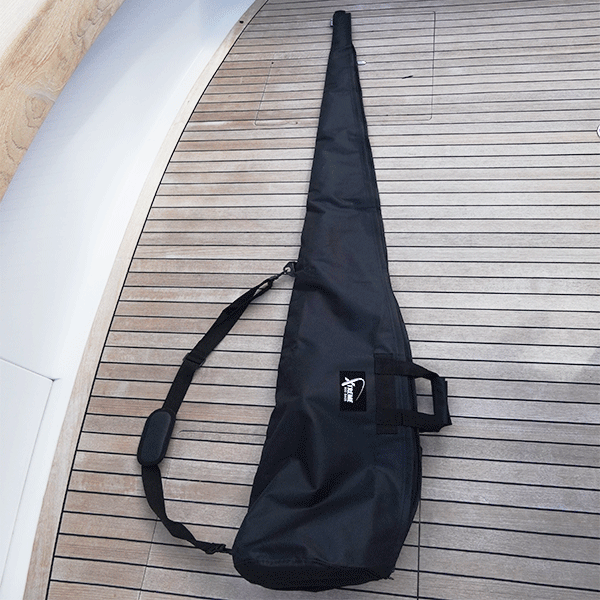
Fishing rods and reels are essential tools for any angler, but they can be expensive investments. To ensure that your fishing equipment lasts for years and remains in good condition, it's essential to take proper care of them. In this article, we will discuss the best ways to protect your fishing rods and reels.
1: Store Them Properly
Proper storage is critical to protect your fishing rods and reels. After a long day of fishing, the first thing you should do is clean and dry your equipment thoroughly. Use a soft cloth or towel to wipe down the rod and reel, removing any dirt or debris that may have accumulated during the day.
Once your fishing equipment is dry, it's time to store it properly. Store your rods and reels in a dry, cool place, such as a closet or garage, where they won't be exposed to direct sunlight or extreme temperatures. Exposure to sunlight and high temperatures can cause the materials of the equipment to degrade and weaken over time.
2. Use Protective Cases
Investing in protective cases for your fishing equipment is an excellent way to keep them safe and secure. Protective cases are available in different sizes and materials, such as neoprene or canvas.
Neoprene rod bags are the most durable and offer the best protection against scratches, dings, and other damage. Canvas fish rod bags are also a great option for protecting your equipment, and they offer additional features like carry handles shoulder straps and hooks to hang your rods and reel vertically.
Both neoprene rod and reel covers and canvas fishing rod bags are lightweight and convenient for transporting your fishing equipment.
3. Transport With Care
Transporting your fishing equipment can be tricky, especially if you're traveling long distances. It's essential to secure your equipment properly to prevent damage during transport.
Using straps or bungee cords to keep your fishing rods and reels in place during transport is a good idea. Make sure to position your equipment securely and avoid any sudden movements or jerks during transport.
If you do not use rod and reel bags it's also a good idea to keep your equipment separated during transport to prevent them from rubbing against each other and causing scratches or other damage.
4. Avoid Exposure to Saltwater
If you're fishing in saltwater, it's crucial to take extra care of your fishing rods and reels. Salt can cause corrosion and damage to your equipment over time, so it's essential to rinse your fishing equipment with freshwater after each use.
Use a hose or bucket of freshwater to rinse your equipment thoroughly, removing any salt buildup. Make sure to dry your equipment thoroughly before storing it.
5. Regular Maintenance
Regular maintenance is essential to keep your fishing equipment in good condition. Lubricating your reels, tightening loose screws, and replacing any worn or damaged parts is crucial for the longevity of your fishing equipment.
It's also important to check your fishing rods and reels for any signs of damage or wear regularly. If you notice any issues, it's best to address them right away before they turn into bigger problems.
Conclusion
Fishing rods and reels are expensive investments, and taking proper care of them is essential to ensure their longevity and performance. By following the tips discussed above, you can protect your fishing equipment from damage and keep them in good condition for years to come.
Remember to store your fishing rods and reels properly, use protective cases, transport with care, avoid exposure to saltwater, and perform regular maintenance. With these practices in place, you can enjoy your fishing equipment for many years to come.




